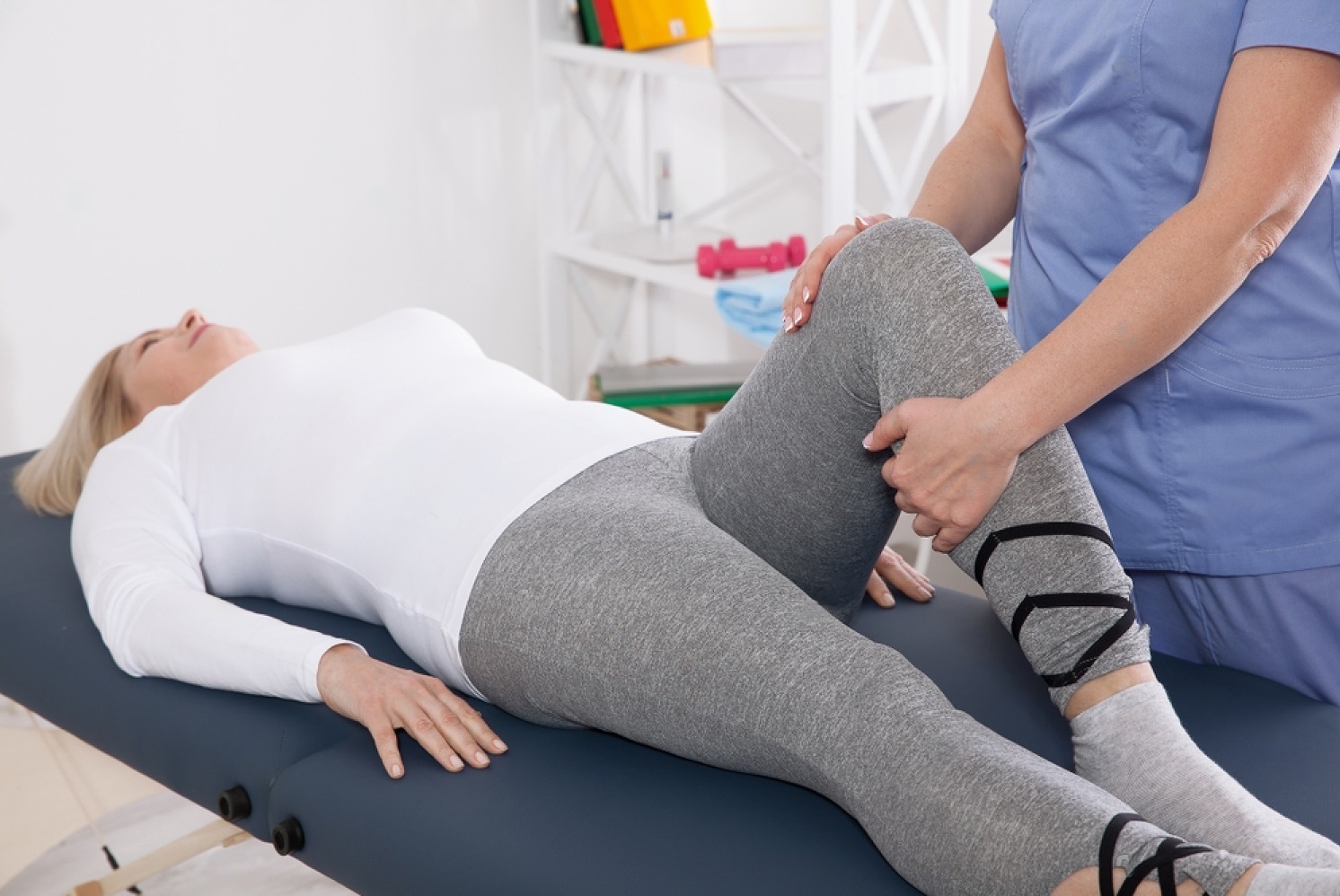Age-related knee pain is a common issue among older adults, affecting their ability to maintain functionality and mobility. Despite the prevalence of knee pain in older age groups, it’s essential to explore effective management strategies that can improve functionality and quality of life. One such strategy is physiotherapy, which plays a crucial role in addressing age-related knee pain and restoring functionality.
Understanding Age-Related Knee Pain
Knee pain in older adults can stem from various causes, including osteoarthritis, ligament injuries, and overuse. As we age, the knee joint undergoes changes, such as cartilage degeneration and decreased flexibility, leading to increased susceptibility to pain and discomfort. Statistics reveal that a significant portion of older adults experience knee pain, highlighting the need for effective management strategies.
The Role of Physiotherapy in Managing Knee Pain
Physiotherapy offers a holistic approach to managing knee pain, focusing on improving strength, flexibility, and mobility. Through a combination of exercises, manual therapy, and modalities like heat or cold therapy, physiotherapists address pain, inflammation, and stiffness in the knee joint. Unlike medication or surgery, physiotherapy targets the root cause of knee pain and promotes long-term functional improvement.
How Physiotherapy Improves Functionality
Physiotherapy interventions are designed to enhance functionality and quality of life for individuals with knee pain. Treatment plans often include specific exercises aimed at improving functional tasks such as walking, climbing stairs, and getting in and out of a chair. By addressing muscle imbalances, improving joint stability, and enhancing proprioception, physiotherapy helps individuals regain confidence in their ability to perform daily activities without pain.
Additional Strategies for Managing Age-Related Knee Pain
In addition to physiotherapy, there are complementary strategies for managing age-related knee pain. Lifestyle modifications such as maintaining a healthy weight and avoiding activities that exacerbate knee pain can help reduce symptoms. Assistive devices like braces or orthotics may provide support and alleviate pressure on the knee joint. A multidisciplinary approach involving collaboration with healthcare professionals such as orthopedic specialists or nutritionists can further optimize knee pain management.
Takeaway
Age-related knee pain can significantly impact functionality and quality of life for older adults. Physiotherapy emerges as a valuable tool in managing knee pain and improving functionality by addressing underlying issues and restoring mobility. By incorporating physiotherapy into comprehensive treatment plans, individuals with knee pain can experience lasting improvements in functionality and enjoy a better quality of life.
Physiotherapy for knee pain Singapore offers a comprehensive approach that focuses on rehabilitation, prevention, and personalized care, ensuring optimal outcomes for patients.

